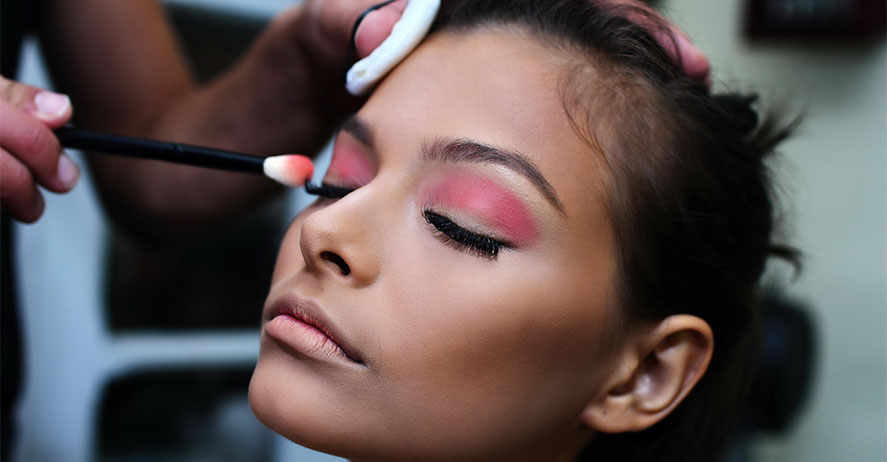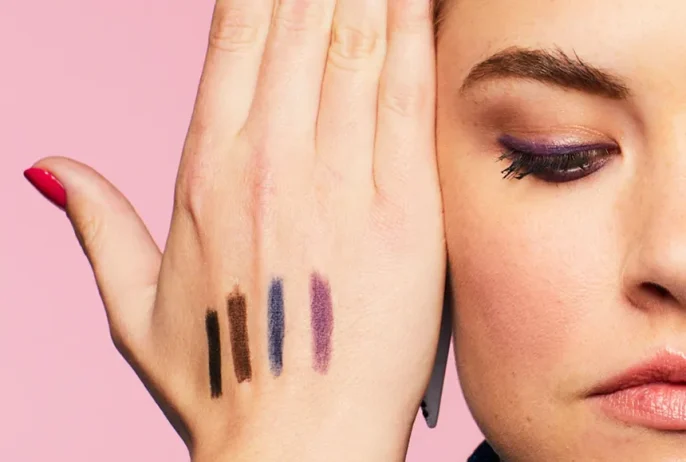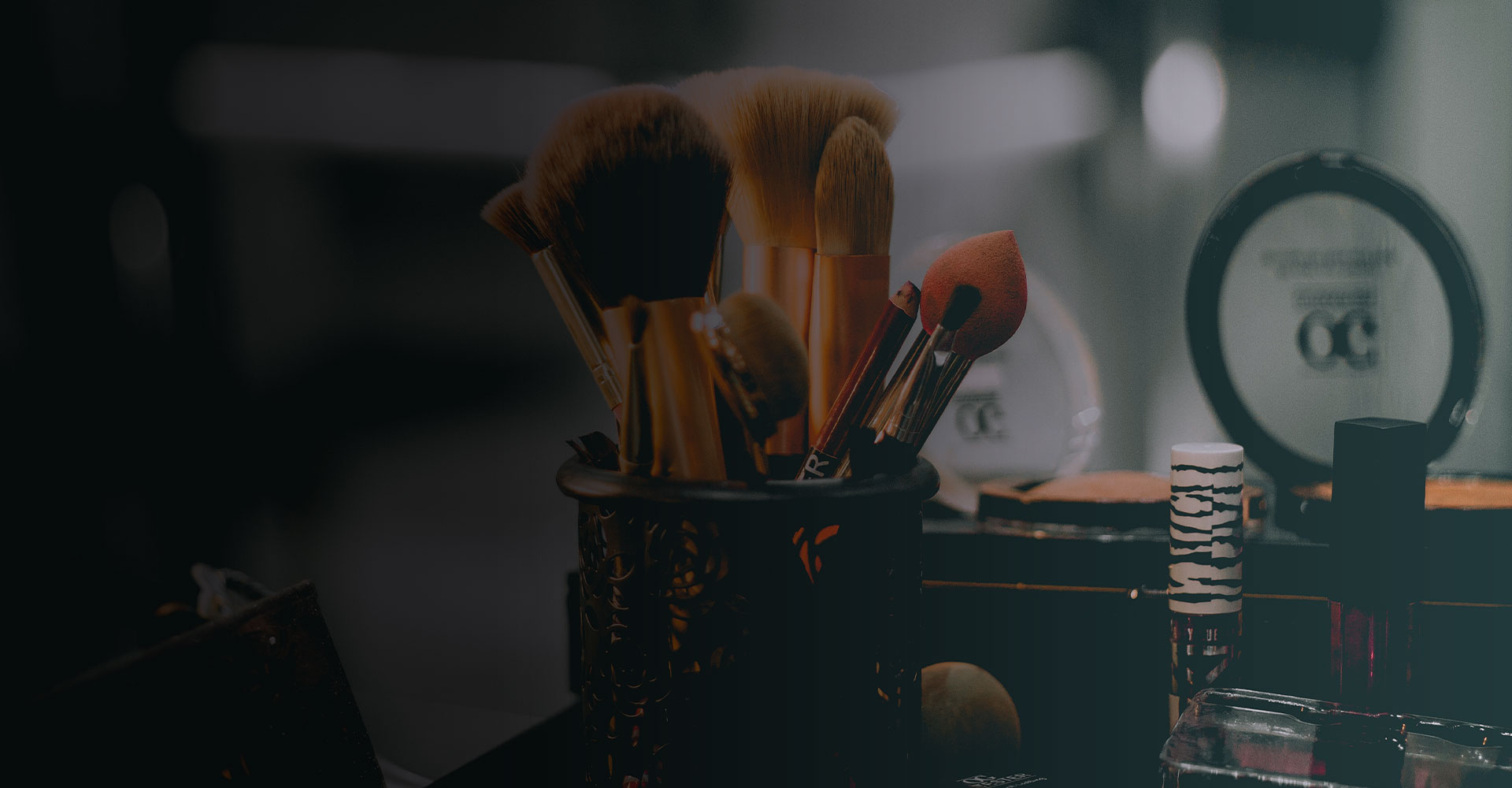Beginning on a journey to become a makeup artist can be quite thrilling. We often find ourselves mesmerised by the creativity and transformation that makeup artistry brings. But before we can start creating stunning visuals on a canvas of skin, we need to understand the essentials of the trade. There’s a wide range of knowledge and techniques that are crucial for us to master, and choosing the right courses is an imperative step in becoming a proficient makeup artist.
Our first move is to identify courses that cover the foundational aspects of makeup. This includes colour theory, face shapes, skin types, and the different makeup products, tools, and their proper uses. We also examine the hygiene and safety practices essential in professional makeup application to maintain the highest standards in our work.
As we advance, specialised courses become paramount, taking us deeper into areas such as bridal, fashion, special effects, and editorial makeup. These courses not only refine our skills but also help us to develop our unique style and niche in the makeup industry. They provide us with the necessary expertise to tackle various creative challenges and to thrive in a competitive market.
Fundamentals of Make-Up Artistry
Let’s uncover the essential skills and knowledge areas that every budding make-up artist needs to master.
Colour Theory and Application
We need to have a solid understanding of colour theory to create makeup looks that enhance natural features and skin tones. Colour Wheels are crucial for understanding which colours complement each other. We learn how to mix primary, secondary, and tertiary colours to customise products and adapt to every client’s needs. Practical application includes selecting the right foundation, creating seamless eyeshadow blends, and choosing lip colours that complement the overall look.
- Primary Colours: Red, Blue, Yellow
- Secondary Colours: Formed by mixing primary colours (e.g., Purple, Green, Orange)
- Tertiary Colours: Combination of primary and secondary colours
Face Shapes and Contouring Techniques
Recognising diverse face shapes is vital for us because it influences our contouring techniques. Contouring involves using light and dark shades to define and sculpt the face. We ensure that our makeup application celebrates individuality while balancing proportions. Here’s a breakdown of common face shapes and where to highlight and contour:
- Oval: Highlight under the eyes and on the forehead; contour below cheekbones and the sides of the forehead
- Round: Contour the sides of the face and jawline; highlight the centre of the face
- Square: Contour the corners of the forehead and jawline; highlight the centre of the forehead and under eyes
- Heart: Contour the sides of the forehead and under the cheekbones; highlight the chin and cheek area
Understanding Skin Types
Each skin type requires unique preparation and product selection.
- Normal Skin: Limited concerns; most makeup products are suitable.
- Dry Skin: Focus on hydration; creams and liquid-based products work best.
- Oily Skin: Use mattifying primers and oil-free formulas to prevent shine.
- Combination Skin: May need to use a mix of products to cater to dryness and oiliness in different areas.
- Sensitive Skin: Look for hypoallergenic and fragrance-free products to avoid irritation.
By understanding the skin types, we ensure makeup not only looks good but also maintains skin health.
Advanced Make-Up Techniques
In advancing our make-up artistry skills, we explore complex techniques that elevate our craft to meet industry standards for various specialised fields.
Special Effects Make-Up
We delve into special effects make-up to create realistic wounds, ageing effects, and fantastical creatures. We learn the art of using colour theory and texturing to bring illusions to life.
High Fashion Make-Up Trends
Keeping up with high fashion make-up trends means staying informed about the latest runway looks and editorial styles. We use bold colour palettes and innovative application techniques to push the boundaries of traditional make-up.
- Key Trends: Some current trends might include:
- Graphic Eyeliner
- Bold Lip Colours
- Metallic Eyeshadow
- Dewy Skin Finish
Bridal Make-Up
Bridal make-up requires a nuanced approach that combines longevity with a timeless aesthetic. Our focus is on creating looks that are both photogenic and wearable, using techniques that emphasise the client’s best features while maintaining a natural elegance.
- Essentials: Key components of bridal make-up include:
- Flawless Foundation
- Soft Contouring
- Highlighting
- Natural Eyeshadow Tones
Business Skills for Make-Up Artists
As makeup artists, we must develop strong business skills to thrive in a competitive industry. These skills help us effectively manage our clients, showcase our work, build our brand, and handle our finances.
Client Consultation and Communication
Client consultation is the cornerstone of our services. It involves:
- Understanding client needs and expectations
- Providing professional advice
- Establishing trust through clear and empathetic communication
Effective communication skills are essential for:
- Negotiating contracts
- Handling feedback
- Maintaining positive relationships
Building Your Portfolio
A compelling portfolio showcases our skills and style. It should include:
- High-quality images of diverse makeup applications
- Before-and-after photographs
- Testimonials from satisfied clients
To keep our portfolio relevant, we regularly update it with our latest work.
Marketing and Branding
Marketing is vital to attract and retain clients. Our strategies include:
- Developing a strong online presence through social media and a professional website
- Networking with industry professionals
- Offering promotions and discounts to new clients
In branding, we focus on:
- Creating a unique logo and consistent aesthetic
- Emphasising our specialities and what sets us apart
- Ensuring our branding aligns with our target clientele
Managing Finances
Financial management entails:
- Budgeting for business expenses
- Setting competitive yet profitable pricing structures
- Staying on top of invoicing and taxes
These financial practices ensure the sustainability of our makeup artistry business.
How HD Beauty Can Help
If you’re yearning to begin a rewarding career as a makeup artist or to add new services to your portfolio, we understand your aspirations and are here to support your journey. We provide a range of courses to suit your needs, whether you’re a novice or an experienced practitioner looking to expand your skill set.
Our Approach:
- Training Excellence: We offer top-tier courses in modern facilities.
- Professional Growth: From beginner to expert, we guide you every step of the way.
- Ongoing Support: We provide lifetime mentoring and support our students in building their dream businesses.
Business Advancement:
- Start-up Assistance: Need help brainstorming a business name or crafting your brand? We’re here to advise.
- Profit Strategies: Our expertise helps you price services effectively.
- Market Positioning: We assist in determining the best market niche for you.
Quality Supplies: We pride ourselves on supplying the finest quality starter kits for training.
Post-Course Benefits:
- Trade Discounts: Receive a trade card for discounts on future supplies.
- Wholesale Access: We own a wholesale shop to cover all your stock needs post-qualification.
At HD Beauty, we pride ourselves on delivering the highest quality beauty training possible. If transformative education is your priority, get in touch with us today, and begin your journey into the beauty industry!
Why not view our latest beauty courses and upcoming dates for more information? Or, contact us directly on 01942 887089!




